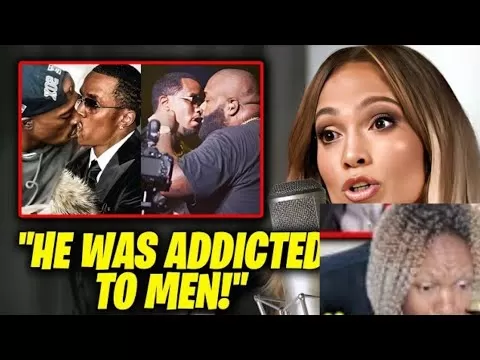context of his outspoken support for Trump-era politics.

The clash between the two celebrities isn’t the first time Kid Rock has publicly called out others in the entertainment world over political differences. He has consistently criticized the “woke” culture, and the fallout from Lopez’s endorsement seemed to be the breaking point for him during this concert.
Following the incident, the response from fans and the public has been mixed. Supporters of Kid Rock have praised him for standing up for his beliefs, seeing his actions as a bold statement against what they view as the liberal agenda dominating Hollywood and the entertainment industry. Some fans took to social media to express their approval of his decision to remove Lopez from the stage, calling it a victory for conservative values in entertainment.
On the other hand, Lopez’s fans and critics of Kid Rock’s behavior have condemned the incident. Many believe that Kid Rock’s actions were an overreaction and that he had no right to censor Lopez’s political views in such an extreme manner. Critics argue that the move reflects an unhealthy level of political polarization, where even artistic collaboration is affected by differing political stances.
Several public figures, including other musicians and entertainers, have weighed in on the controversy. Some have called for unity and tolerance in the entertainment industry, emphasizing the importance of respecting differing political opinions. Others have sided with Lopez, accusing Kid Rock of using his platform to silence opposing viewpoints.
This altercation highlights the increasing intersection of politics and entertainment, particularly in the United States. Celebrities, such as Kid Rock and Jennifer Lopez, have long used their influence to make political statements, whether through public endorsements or activism. In recent years, this has led to heightened tensions, with entertainers often finding themselves caught in the crossfire of political divisions.
The incident also raises questions about whether entertainers should be expected to keep their political beliefs separate from their work. In an era where social media amplifies every move, public figures like Kid Rock and Lopez have faced intense scrutiny over their stances. The resulting polarization can alienate portions of their fanbase, leaving some wondering if political affiliation is increasingly becoming a dividing line in the entertainment world.
The Kid Rock-Jennifer Lopez controversy may signal a broader shift in the entertainment industry, where differing political ideologies are becoming more difficult to reconcile. As the country remains divided, the question arises whether public figures will continue to collaborate despite their differences or if more incidents like this will occur.
While the entertainment industry has often prided itself on its inclusivity and ability to bring together people from all walks of life, recent events suggest that political polarization is now a dominant force. Kid Rock’s actions may set a precedent for how future collaborations are handled, potentially creating a rift between celebrities based on political leanings.
The dramatic confrontation between Kid Rock and Jennifer Lopez has sparked a wider discussion about the role of politics in entertainment. While some see Kid Rock’s actions as a defense of conservative values, others view them as an example of the growing divide between political ideologies in the entertainment world. Regardless of where one stands on the issue, it is clear that this event has illuminated the challenges that celebrities now face when their political beliefs clash.
As the entertainment industry becomes increasingly polarized, one thing is certain: this incident is not the last time we will see political disagreements making headlines in the world of entertainment. The future of celebrity collaborations may very well depend on how public figures navigate the complex intersection of politics and entertainment in the years to come.